World
Director of Beirut Blast Documentary Reveals Untold Story: Artist and Filmmaker Fadia Ahmad Shares How Her Personal Life Has Shaped Her Work

Photographer, artist, and filmmaker Fadia Ahmad is well known among the local Beirut art community, and increasingly so internationally, as her first ever documentary, “Beirut, the Aftermath” takes to festival screens around the world. In conjunction with her critically acclaimed series, “Beyrouth-Beirut”, the film continues Ahmad’s legacy for adeptly capturing the climate and ethos of a city on the edge.
Since returning to Lebanon, her home country, after a life spent exiled by civil war, the Lebanese artist has relentlessly pursued a higher understanding of identity, belonging, and now, justice. Often lacking from discussions of her work, however, are perspectives that question how her life and experiences as a daughter, wife, and mother have molded her voice and portfolio. I had the pleasure of asking Ahmad a number of questions regarding her personal life and how it has shaped her as an artist.
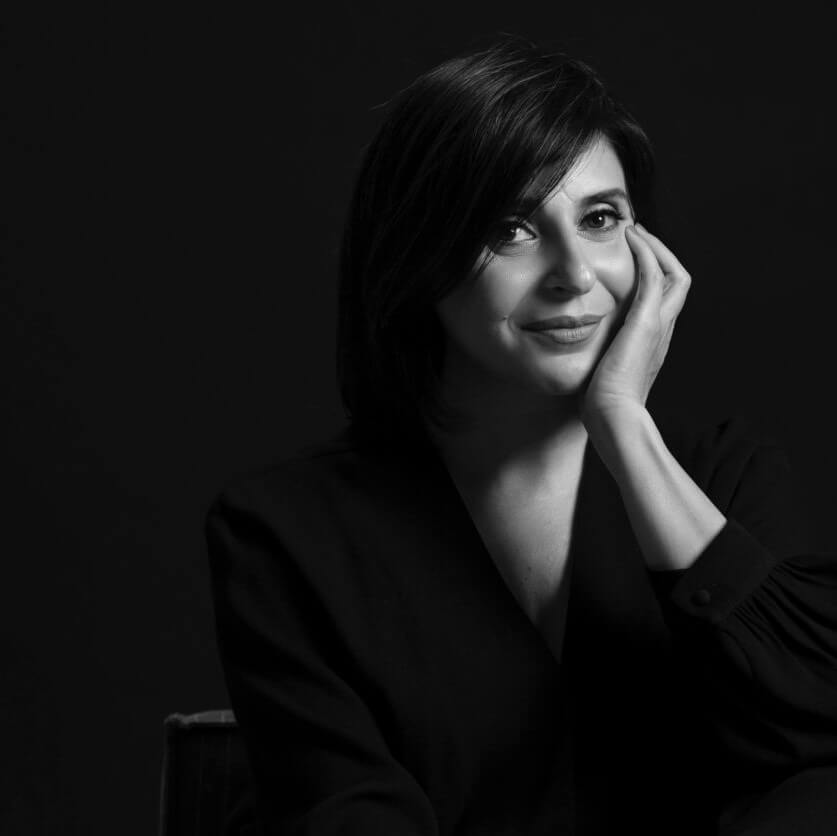
You grew up in Spain, what was that like for you? Did you feel as though you belonged there?
Yes, I grew up in Spain. I was born immediately before the start of the Lebanese Civil War on March 29, 1975. Little did I know back then that Spain would become my country of adoption. I really had a wonderful childhood. I was very blessed and I’m very grateful for what Spain gave me. As a child, it gave me security. It gave me an education. It gave me tolerance. It was a cosmopolitan place and I was raised seeing different kinds of cultures, different kinds of people. Something I’m truly grateful for is that I grew up in a Mediterranean country. Mediterranean people are warm, loving, friendly people. It was a beautiful way for me to grow up and learn from. In the beginning, I thought that Spain was my only country and that I must have been 100% Spanish. My parents, especially my mom, would remind me ‘you are Spanish at heart, yes, but you should never forget that you are also rooted elsewhere’.
Do you think that these lessons that you grew up with in Spain fostered something within yourself that was important to bring to Lebanon?
Yes. I think it’s important for each and every human being to know that we can learn from one another. What makes us evolve, what makes us grow, is our ability to adapt. When you get to learn about other cultures, other people, other ways of seeing life and looking at your own life, you realize that through this process you become a better human being. You have more tolerance. You are better able to accept the other. Your heart is more full and your mind is more complete.
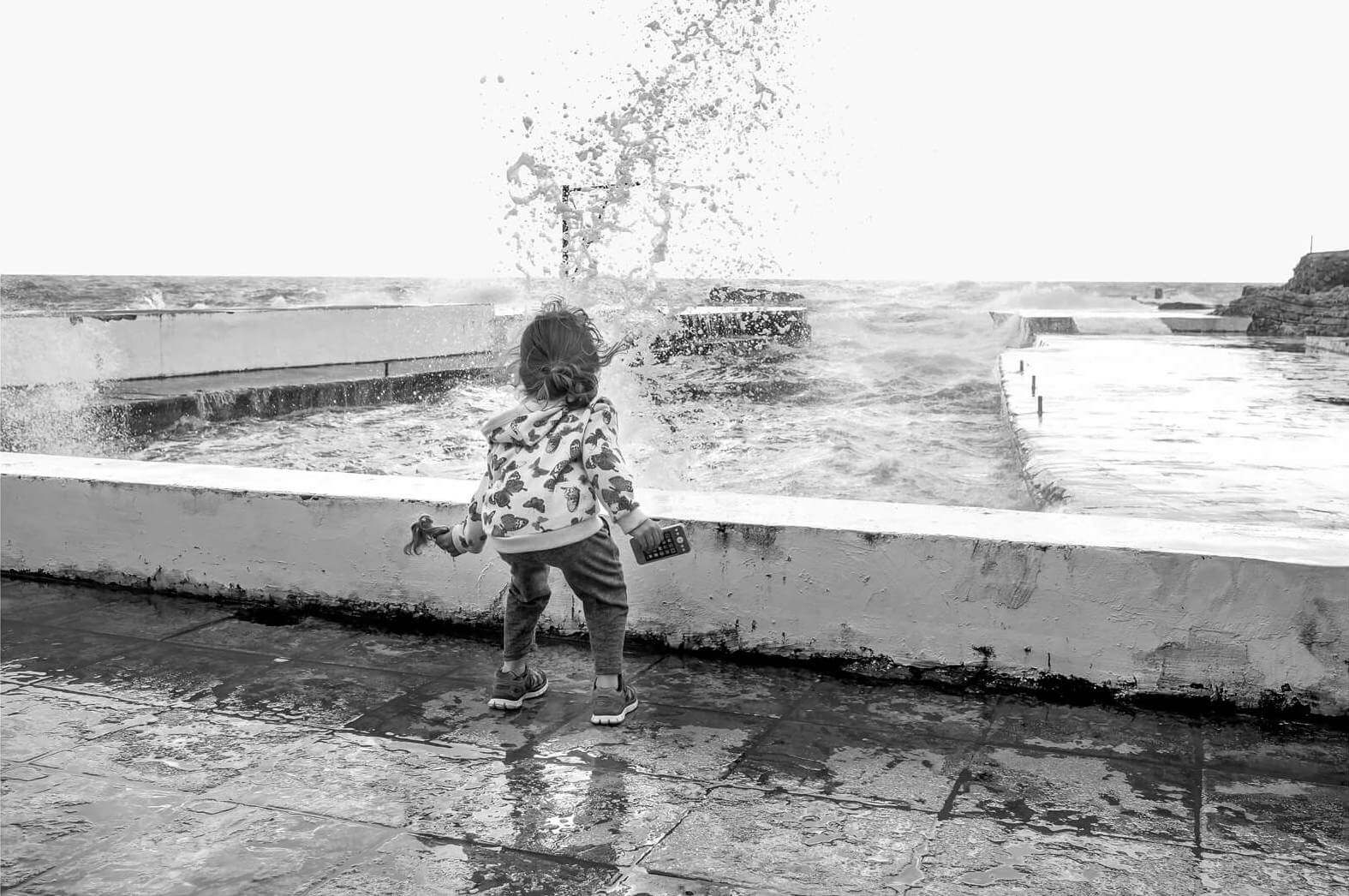
Did you feel, growing up in Spain, that something was missing because of where you came from?
Because of my name, Fadia Ahmad, I was always asked ‘where do you come from?’. For me, not really knowing where my country of origin was, not knowing what my people looked like, it was very difficult to answer that question. I grew up not knowing where I was from. All I knew was that it was a country of war and conflict, but other than that I had no idea what Lebanon and what my people were like. It’s important for a person to understand things. Since ‘home’ was not something I understood, I had this sense that I was missing something from my life. I was eager and I was longing to understand where I come from.
How do you remember your return to Beirut?
My family was, of course, very happy that the war was over. I followed my parents’ decision to come back home. I was looking forward to it and I was so happy that after all these years I was going to see and witness this place that I come from. When I reached Lebanon I had such high expectations. In the first few years, I was incredibly disappointed. When you imagine something, it’s always better than the reality. You tend to make it more beautiful. It was like coming back to a fairytale that I had dreamed of and, we know of course, that it was anything but a fairytale.
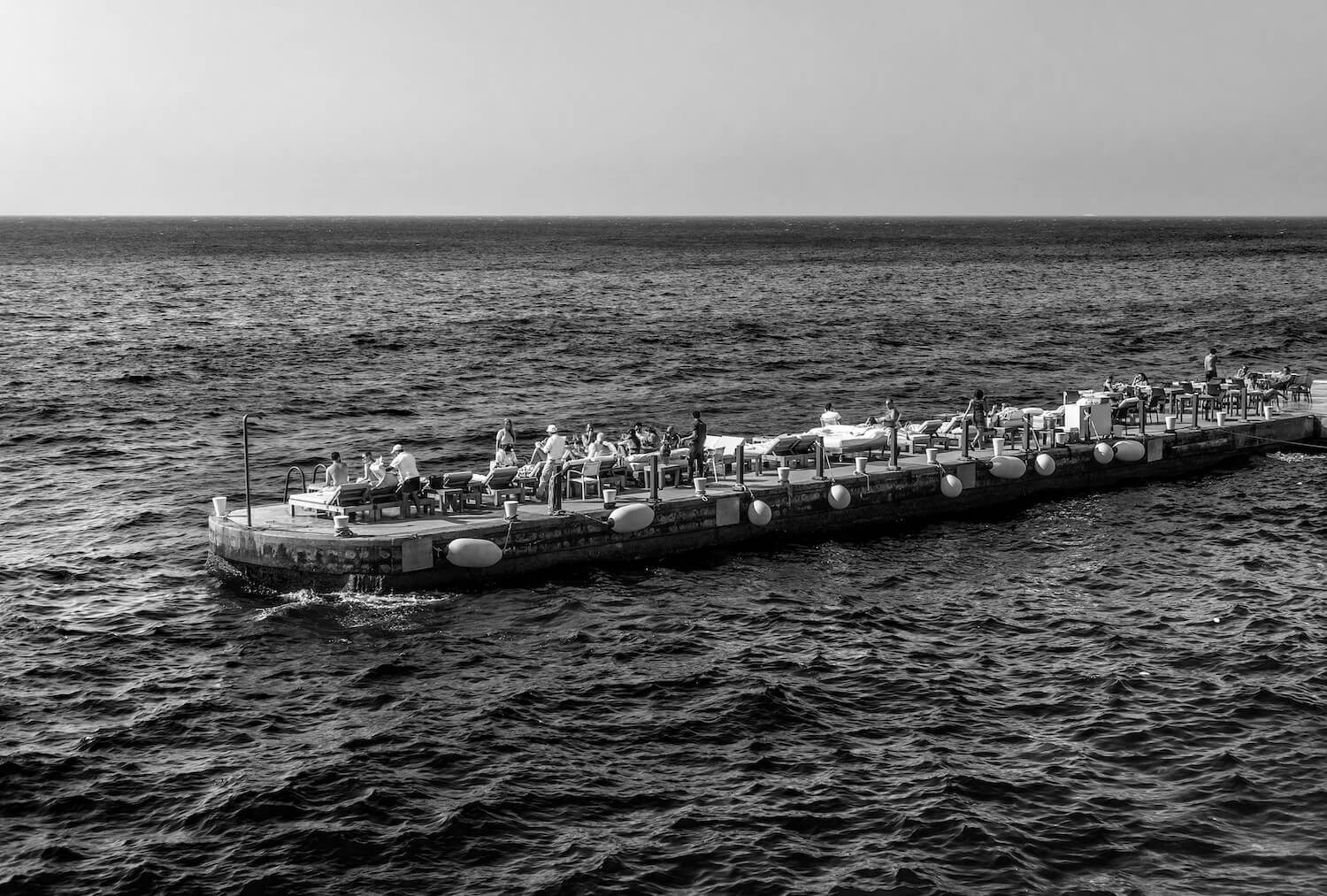
You mentioned briefly your parents. How has your role as a daughter shaped you as a person and inspired you as an artist?
My parents were very inspirational to me. I’m a daughter in a very big family. We’re a family of nine children. So, the way my mother brought up this family, the best way she could, was by teaching us the values of love, tolerance, and understanding. She taught us strength by being out there alone, because at the time my dad was going back and forth to his work in Africa, so she had to do many of these things alone. She gave us love of the family, love of our country, she helped us understand why dad couldn’t be there all the time, that life was about sacrifice and sometimes people must struggle, that nothing happens overnight.
My father is a person I look up to more than anything in my life. He started from scratch, he couldn’t afford an education because he was brought up without means. He was born an orphan. He really impresses me in how he was able to become, from nothing, such a successful man, with all the struggles and ups and downs and foreign lands he had to go to. And he was always so down to earth, because he never forgot that he came from nothing.
Really he showed me that the impossible in life is possible, that whatever you dream of, you can make it happen if you truly believe that you can. This idea of making the impossible possible followed me throughout my childhood and throughout my adult life. If I’m where I am today it’s because of him and what he taught me. I really admire him a lot and I am proud to follow those same values that he taught me.
Of course as a child and later as an adult, when dad went through his ups and downs, I witnessed them. He showed us, as a matter of fact, that even when we have struggles and even when life puts us down so low that we don’t know if we’ll be able to stand up again, the strength to overcome really starts with believing. I was so honored to have been by his side through so many of these times.
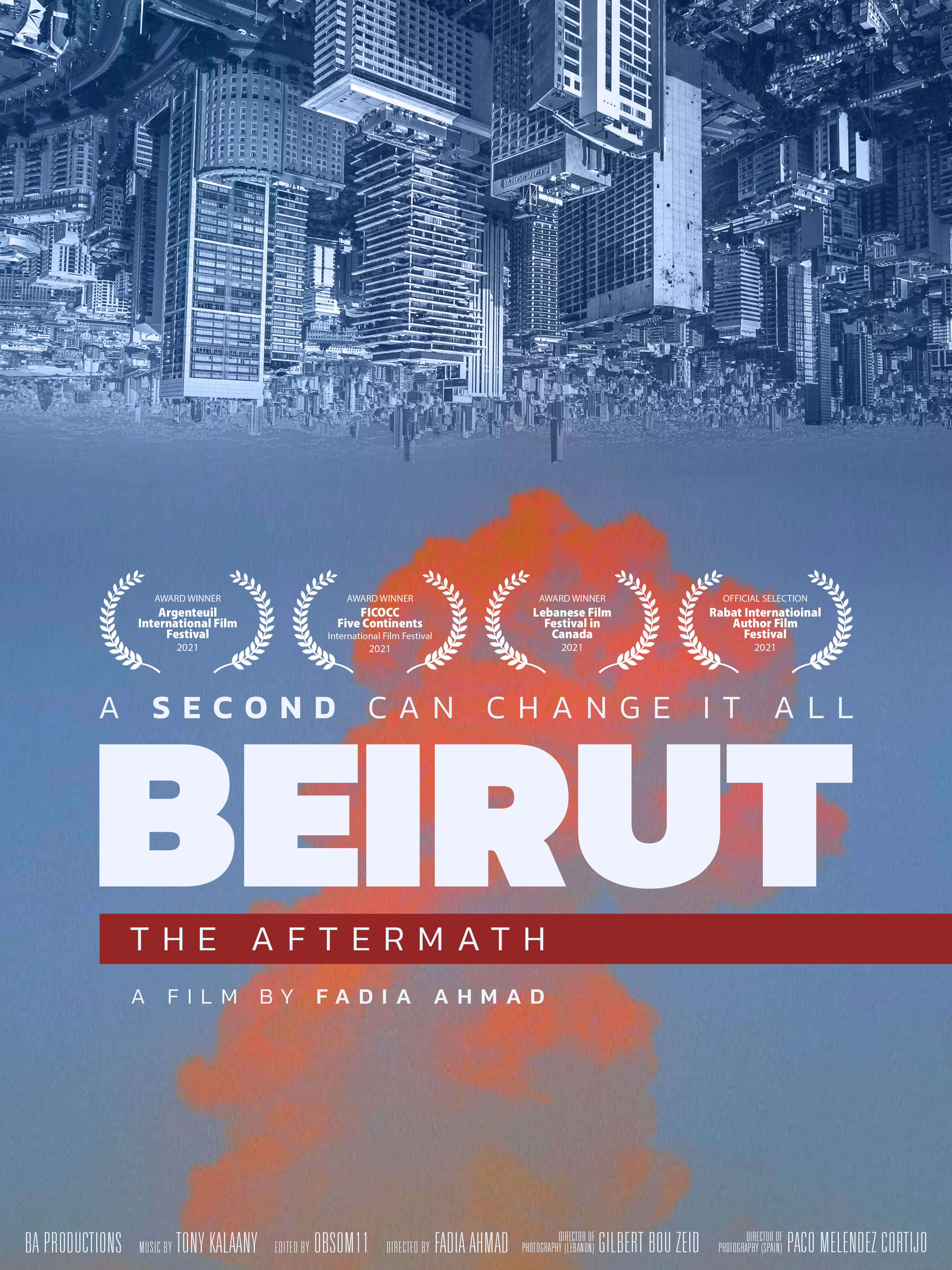
How has becoming a wife and a mother changed your approach to art, photography and now film making with this documentary?
I have been very lucky and I am very grateful to God and to life for this. I am married to a wonderful man that I look up to. He happens to also be incredibly encouraging and always by my side regarding my career and hopes for the future. He has always pushed me forward and reminded me not to feel guilty for not being home all the time. This is something that I think is rare. Usually partners tend to feel as though they’ve been put in the backseat or neglected when one takes time to pursue their passions. He was never like this. He was always telling me that I should follow what I wanted to do, telling me how happy and proud he is of what I’ve become. He’s understanding and tolerant and lovely and he has been there for me since day one. More than a successful doctor, my husband is also an incredible father and a lover of art. I can’t overstate how much this last bit has helped us to grow and flourish together.
As a mother I replicate the values I had growing up. I try to show my kids that life isn’t always beautiful but no matter what we should face it and be grateful and understand that all the struggles we go through are lessons that we learn from. I’ve taught them altruism, I’ve taught them humility, tolerance, love, how to believe in and fight for their dreams. I’ve always respected their visions as human beings without enforcing too much direction.
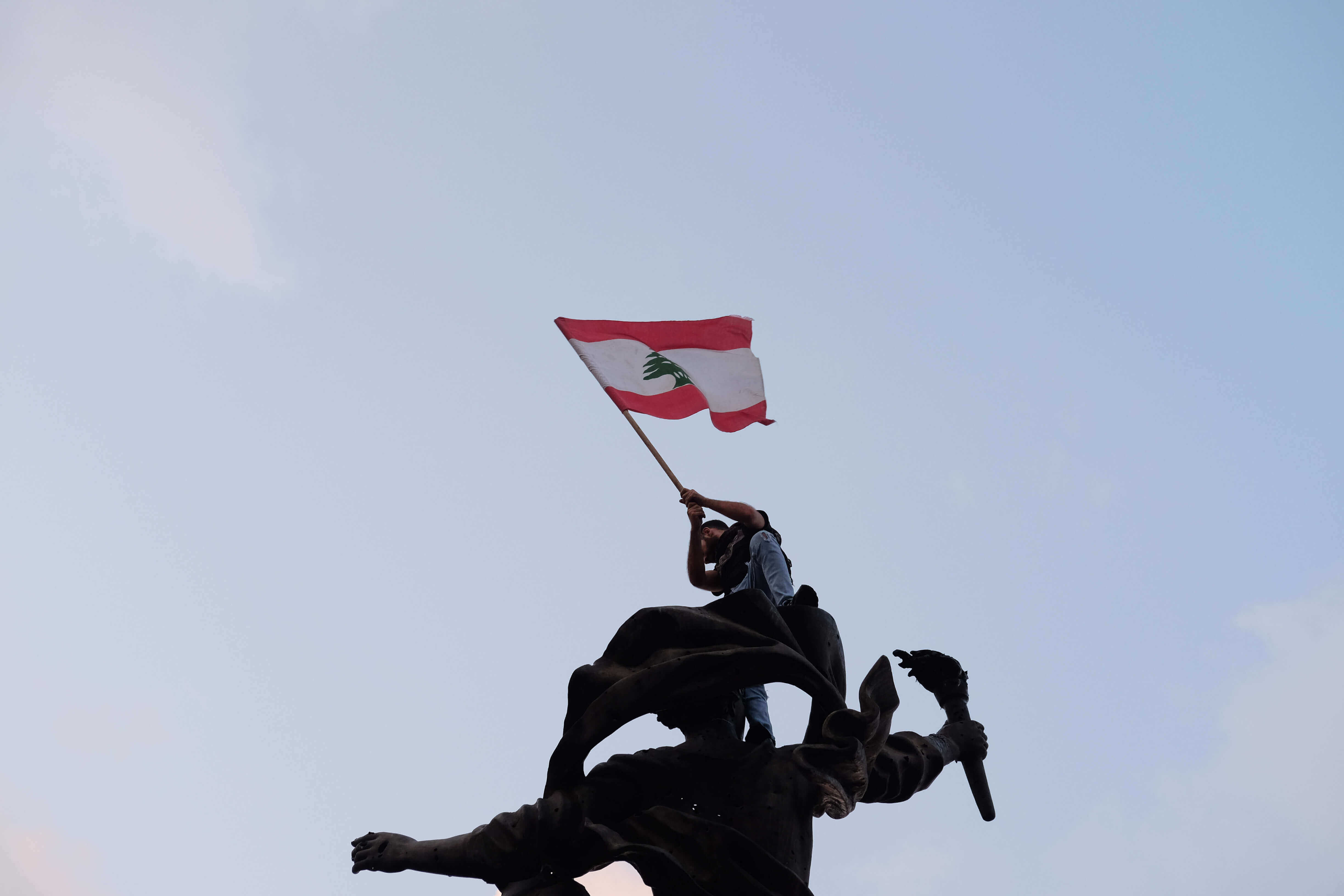
It’s interesting, what you said about teaching your children that life isn’t always beautiful and that we have to face those moments and grow from them. Do you think that your role in teaching them this is something that’s filtered into your most recent film, “Beirut, the Aftermath”?
Yeah because whether we want it or not, our work reflects who we are as human beings. So throughout my entire artistic career my values have been there, you can feel them, you can sense them. Usually an emotion is something you feel. I’m so grateful for this gift to be able to make an emotion physical, to present it as something that you see and not only feel. All my art brings out an emotion, be it positive or negative.
To learn more about Fadia Ahmad, her work, and her most recent documentary, “Beirut, the Aftermath” visit https://www.fadiaahmad.com/.
World
TRG Chairman Khaishgi and CEO Aslam implicated in $150 million fraud

In a scathing 52-page decision, the Sindh High Court has found that TRG Pakistan’s management was acting fraudulently and that Bermuda-based Greentree Holdings historic and prospective purchase of TRG shares were illegal, fraudulent and oppressive.
The Sindh High Court has further directed TRGP to immediately hold board elections that have been overdue and illegally withheld by the existing board since January 14, 2025.
In the landmark ruling, the Sindh High Court has blocked the attempted takeover of TRG Pakistan Limited by Greentree Holdings, declaring that the shares acquired by Greentree, nearly 30% of TRG’s stock, were unlawfully financed using TRG’s funds in violation of Section 86(2) of the Companies Act 2017.
“Having concluded that the affairs of TRGP are being conducted in an unlawful and fraudulent manner and in a manner oppressive to members such as the Petitioner (Zia Chishti), the case falls for corrective orders under sub-section (2) of section 286 of the Companies Act,” Justice Adnan Iqbal Chaudhry concluded.
The case was brought by TRGP former CEO and founder Pakistani-American technology entrepreneur Zia Chishti against TRG Pakistan, its associate TRG International and TRG International’s wholly-owned shell company Greentree Limited. In addition, the case named AKD Securities for managing Greentree’s illegal tender offer as well as various regulators requiring that they act to perform their regulatory duties.
The case centred around the dispute that shell company Greentree Limited was fraudulently using TRG Pakistan’s own funds to purchase TRG Pakistan’s shares in order to give control to Zia Chishti’s former partners Mohammed Khaishgi, Hasnain Aslam and Pinebridge Investments.
According to the case facts, the Chairman of TRG Pakistan Mohammed Khaishgi and the CEO of TRG Pakistan Hasnain Aslam masterminded the $150 million fraud. They did so together with Hong Kong based fund manager Pinebridge who has two nominees on TRG Pakistan’s board, Mr. John Leone and Mr. Patrick McGinnis.
According to the court papers, Khaishgi, Aslam, Leone, and McGinnis set up a shell company called Greentree which they secretly controlled and from which they started buying up shares of TRG Pakistan. The fraud was that Greentree was using TRG Pakistan’s funds itself. The idea was to give Khaishgi, Aslam, Leone, and McGinnis control over TRG Pakistan even though they owned less than 1% of the company, lawyers of the petitioner told the court.
This was all part of a broader battle for control over TRG Pakistan that is raging between Khaishgi, Aslam, Leone, and McGinnis on one side and TRG Pakistan founder Zia Chishti on the other side. Zia Chishti has been trying to retake control of TRG Pakistan after he was forced to resign in 2021 based on sexual misconduct allegations made by a former employee of his. This year those allegations were shown to be without basis in litigation that Chishti launched in the United Kingdom against The Telegraph newspaper which had printed the allegations. The Telegraph was forced to apologize for 13 separate articles it published about Chishti and paid him damages and legal costs.
After Chishti resigned in 2021, Khaishgi, Aslam, Leone, and McGinnis moved to take total control over TRG Pakistan and its various subsidiaries including TRG International and to block out Chishti. The Sindh High Court’s ruling today has reversed that effort, ruling the scheme fraudulent, illegal, and oppressive.
It now appears that Zia Chishti will take control of TRG Pakistan in short order when elections are called. He and his family are now the largest shareholders with over 30% interest. He is closely followed by companies related to Jahangir Siddiqui & Company which have over a 20% interest. The result appears to be a complete vindication for Zia Chishti and damning for his rivals Aslam, Khaishgi, Leone, and McGinnis who have been ruled to have been conducting a fraud.
TRG Pakistan’s share price declined by over 8% on the news on heavy volume. Market experts say that this was because the tender offer at Rs 75 was gone and that now shares would trade closer to their natural value. Presently the shares are trading at Rs 59 per share.
According to the court ruling, since 2021, shell company Greentree had purchased approximately 30% of TRG shares using $80 million of TRG’s own money, which means that that the directors of TRG Pakistan allowed company assets to be funneled through offshore affiliates TRG International and Greentree for acquiring TRG’s shares – a move deemed both fraudulent and oppressive to minority shareholders. The Sindh High Court also found illegal Greentree’s further attempt to purchase another 35% of TRG shares using another $70 million of TRG’s money in a tender offer.
The ruling is a major victory for the tech entrepreneur Zia Chishti against his former partners and the legal ruling paves the way for him to take control of TRG in a few weeks.
-

 Tech4 years ago
Tech4 years agoEffuel Reviews (2021) – Effuel ECO OBD2 Saves Fuel, and Reduce Gas Cost? Effuel Customer Reviews
-

 Tech6 years ago
Tech6 years agoBosch Power Tools India Launches ‘Cordless Matlab Bosch’ Campaign to Demonstrate the Power of Cordless
-

 Lifestyle6 years ago
Lifestyle6 years agoCatholic Cases App brings Church’s Moral Teachings to Androids and iPhones
-

 Lifestyle4 years ago
Lifestyle4 years agoEast Side Hype x Billionaire Boys Club. Hottest New Streetwear Releases in Utah.
-

 Tech7 years ago
Tech7 years agoCloud Buyers & Investors to Profit in the Future
-

 Lifestyle5 years ago
Lifestyle5 years agoThe Midas of Cosmetic Dermatology: Dr. Simon Ourian
-

 Health6 years ago
Health6 years agoCBDistillery Review: Is it a scam?
-

 Entertainment6 years ago
Entertainment6 years agoAvengers Endgame now Available on 123Movies for Download & Streaming for Free
